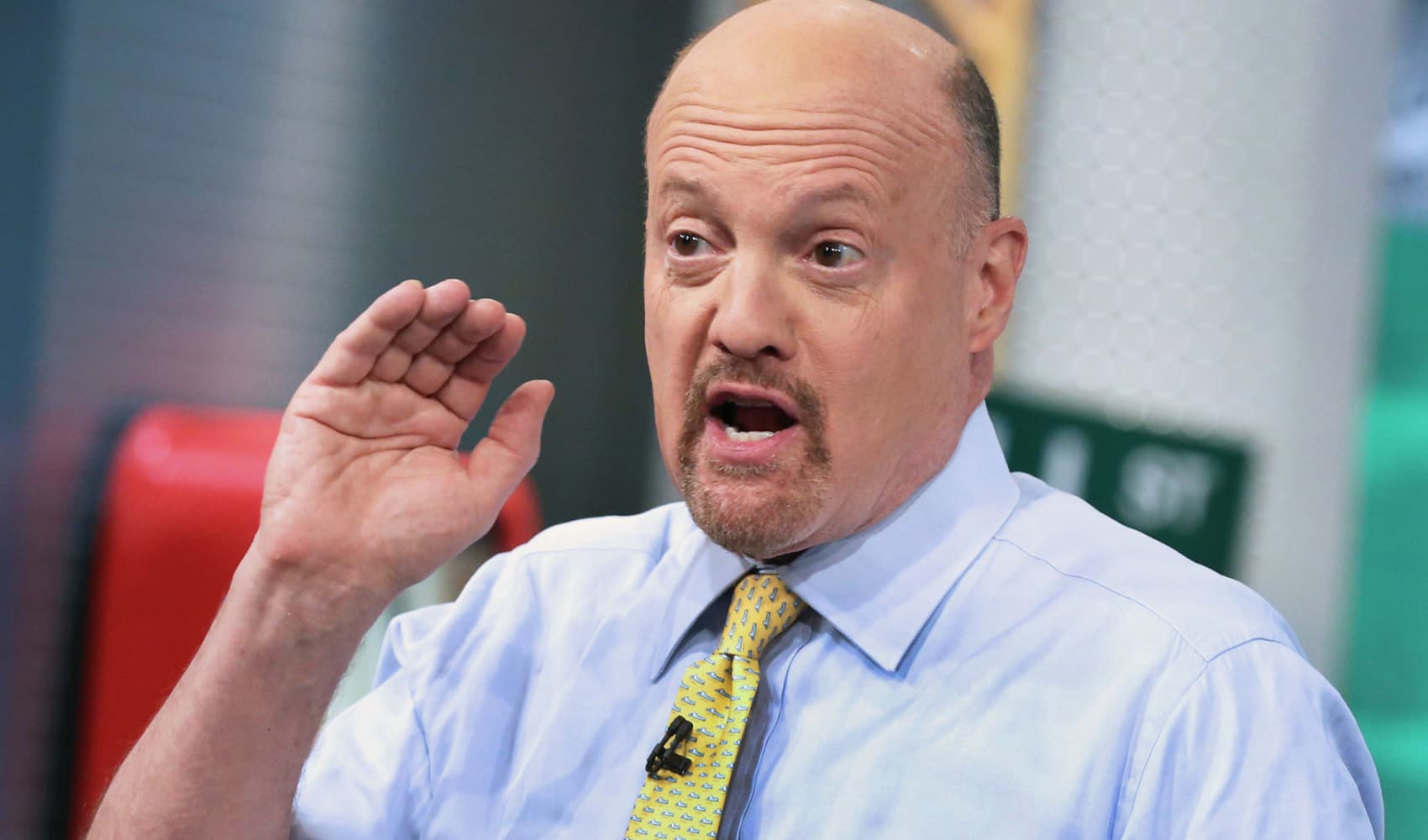
The Covid-19 pandemic reshaped the way Americans work when it forced millions of workers to perform their jobs from home. But as many employees return to their offices, it has also changed what they wear.
Dress codes have been shaken up by workers who became accustomed to working in comfortable clothing at home, becoming more casual and comfort-focused. And that's a good thing, says O'Shares ETFs chairman Kevin O'Leary.
"The pandemic has changed how people dress, that's for sure," O'Leary tells CNBC Make It. "I have no pants on ... when I'm on camera anymore."
But just because standards are loosening doesn't mean you can show up to the office in sweatpants or flip flops. "Dress code matters," he says, adding that bosses and colleagues will likely still judge you based on what you wear.
Get Southern California news, weather forecasts and entertainment stories to your inbox. Sign up for NBC LA newsletters.
"If you're going back into the office environment, you should have some crisp clothes to wear. You don't have to wear a suit and tie anymore, but you want to look good," O'Leary says.
He recommends taking a look at the people around you at work to determine what is "appropriate" attire for your office. Workers should still feel free to "embellish" their wardrobe to show a little personality. In his case, O'Leary likes to wear a bright red band on many of his watches.
Staying within the bounds of the office dress code is a way of showing respect and helps in "moving you up the feeding chain," he says.
Money Report
O'Leary also says it is important to be cognizant of the field you work in. A person with tattoos who works in a more conservative industry such as finance might want to consider covering them up in the office, he says.
"If you go out later, it's fine. You can show them," O'Leary says. "But you're going to find in financial services, you kind of have to be conservative in what you wear. If I was going out to meet somebody at a bank, I'd put shoes on [instead of flip flops]. It's just the way it is."
Sign up now: Get smarter about your money and career with our weekly newsletter
Don't miss: The IRS may be missing out on $50 billion a year in unpaid crypto taxes—and a crackdown is underway






